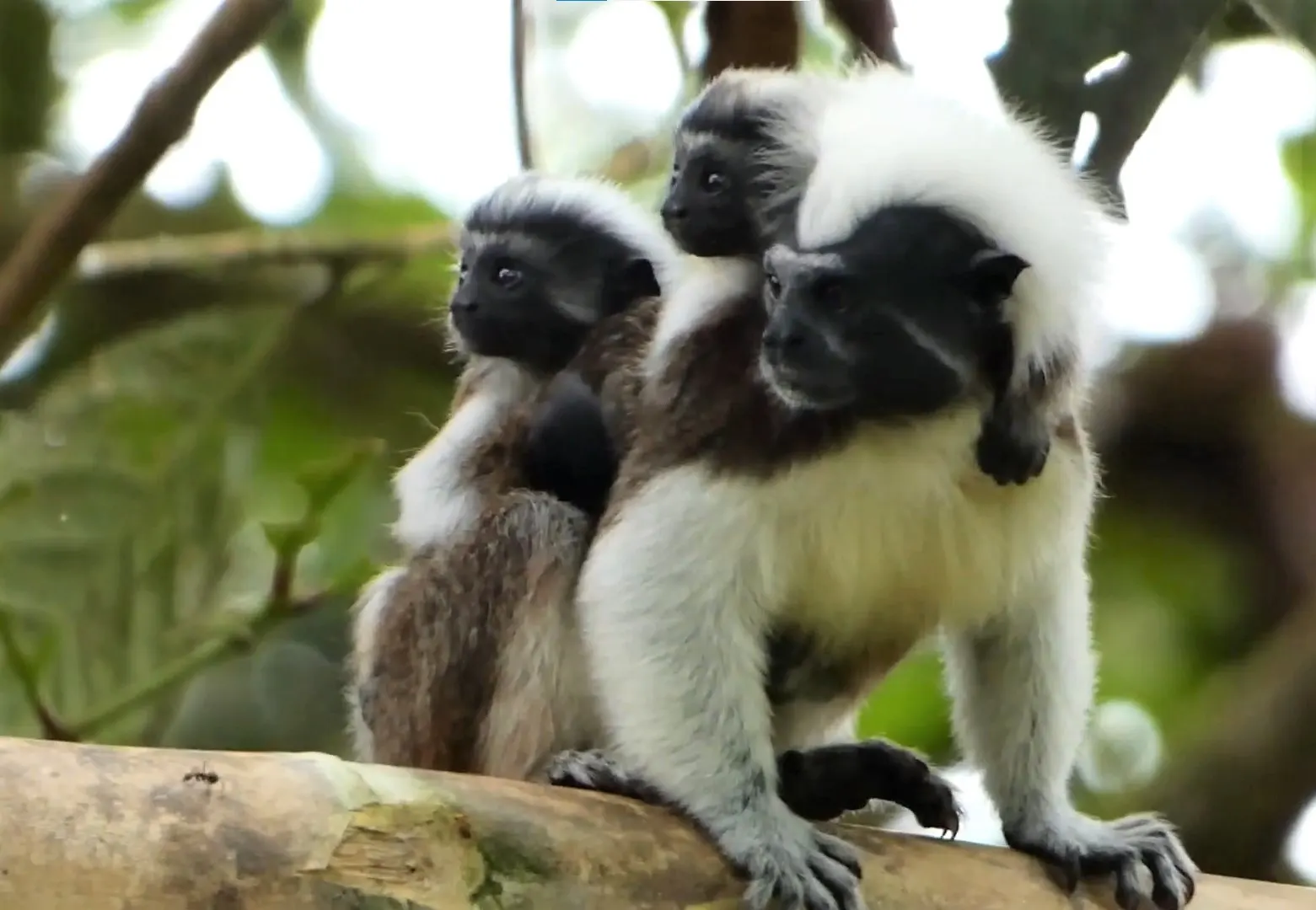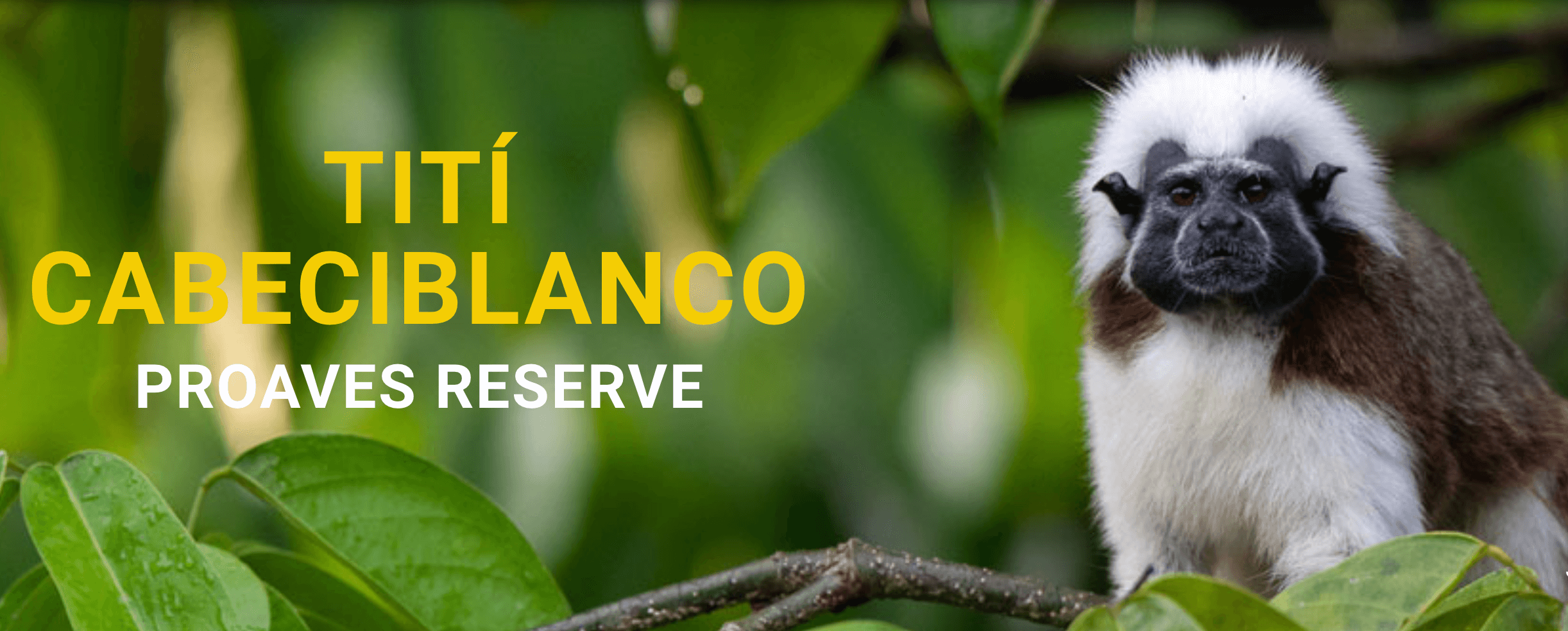
In the heart of Colombia, the preservation of endangered species and their habitats has become a critical concern. However, amid the challenges, a beacon of hope shines through the efforts of Women for Conservation, an organization dedicated to empowering rural women and implementing grassroots movements to protect the rainforest and its endangered wildlife.
Recently, a joyful event took place at the ProAves Tití Cabeciblanco Reserve, located in Nuevo Belén de Bajirá in the Chocó department. The reserve welcomed the arrival of two newborn cotton-top tamarin babies, an endemic species to Colombia. These tiny monkeys play a vital role in the regeneration of the forest, aiding in the spatial distribution of numerous plant species. Sadly, the cotton-top tamarin is critically endangered (CR) due to habitat loss, illegal wildlife trafficking, and agricultural expansion, as reported by the International Union for Conservation of Nature (IUCN).
In the face of this crisis, Women for Conservation has joined forces with ProAves to prevent the extinction of the cotton-top tamarin. The ProAves Tití Cabeciblanco Reserve has become a stronghold for various preservation strategies aimed at protecting this iconic species and the rich natural heritage of Colombia. The birth of these babies is not only significant for ecological and biological diversity but also a testament to the ongoing conservation efforts to safeguard wildlife.
However, the challenges are not to be underestimated. Deforestation caused by external entities poses a significant threat to the ProAves Tití Cabeciblanco Reserve and the ecosystems it protects. The loss of habitat jeopardizes the survival of the cotton-top tamarin and the entire surrounding tropical rainforest. To combat these deforestation threats, Women for Conservation has implemented a range of scientific community-based approaches, conservation activities, environmental education, and research initiatives. These strategies aim to promote the population growth and well-being of this endangered species.
One of the key aspects of Women for Conservation’s work is the engagement of local communities and the promotion of environmental education. The organization has fostered partnerships with schools, teachers, and students in various municipalities, including Chigorodó and Mutatá. Through strategic activities such as environmental talks, tree planting campaigns, and ecological contests, Women for Conservation has succeeded in raising awareness about the importance of wildlife conservation and the pivotal role of women in protecting the environment.
Now, more than ever, we must realize that the protection of the cotton-top tamarin lies in our hands. Together, we can ensure the survival of the cotton-top tamarin and other endangered wildlife, safeguarding the rainforest for generations to come.


